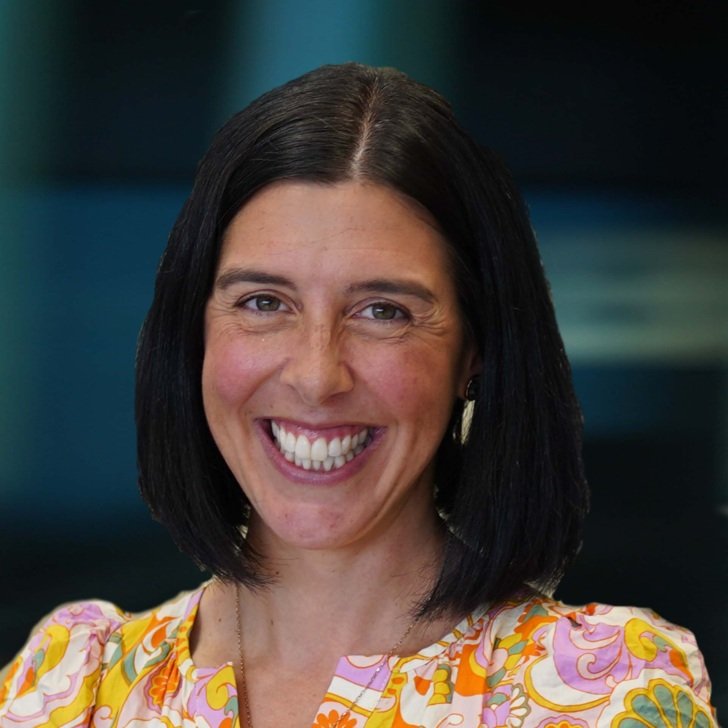Developing an mRNA gene therapy for Niemann-Pick Disease Type C
Every 11 minutes, a life is lost due to childhood dementia caused by over 70 genetic disorders. Less than 5% of these genetic disorders have an approved disease-modifying treatment. Without a cure or an effective treatment, progressive brain damage robs a child’s ability to learn, play, communicate, memory, and eventually their lives before 18 years of age.
Niemann-Pick Disease Type C (NP-C), sometimes called ‘Childhood Alzheimer’s’, is a classic example of childhood dementia. This is an ultra-rare genetic disease, affecting about 1 in 90,000 live births. Children born with NP-C have loss-of-function genetic mutations that lead to toxic cholesterol build-up in cells and multiple organ damage. The brain is especially vulnerable to disturbances in cholesterol metabolism. The health and wellbeing of those diagnosed with NP-C are profoundly affected by neurological symptoms that include dementia, psychiatric disturbances, ataxia, seizures, speech, and swallowing difficulties. There is no cure. Symptomatic management remains the current principal standard of medical care for NP-C. Children born with NP-C usually do not survive past their teenage years.
Gene therapy, targeting the underlying genetic cause, represents a potential curative treatment for NP-C and other genetic diseases. The mRNA technology, highlighted by the COVID-19 pandemic, is an emerging gene technology for restoring functional copies of affected genes.
This project will develop an effective mRNA gene therapy that will significantly improve the health and well-being of those living with NP-C. Findings from this project will enable us to rapidly build an mRNA gene therapy pipeline to treat other genetic disorders, in particular those presenting with childhood dementia.
Our project team is an exceptional researcher-clinician-consumer collaborative partnership, which places us in a strong position to efficiently translate our research findings to the clinic.
This project is supported through funding by:
- Australian NPC Disease Foundation, Inc.
- Victorian Government mRNA Victoria Research Acceleration Fund
- Australian Government Medical Research Future Fund.
- Percy Baxter Charitable Trust
Aims
- Investigate potential mRNA therapeutic candidates using NP-C cell models.
- Identify clinically useful mRNA therapeutic candidates using an NP-C mouse model.
Techniques
Laboratory techniques that we use in this project include:
- cell biology techniques (e.g. in vitro cell culture and immunofluorescence microscopy)
- molecular biology/biochemical techniques (e.g. PCR, in vitro transcription, molecular cloning and western blotting)
- animal techniques (e.g. animal handling, dissection, and behaviour testing).
Research team
Supervisor
Members
Students
- Manroshan Dhillon
- Liouba Le Roux
- Mahi Mhatre
- Wenjing Sun
- Jessica Zhang
Research group
Collaborators
- Australian NPC Disease Foundation, Inc
- Childhood Dementia Initiative
- Professor Leonid Churilov (The University of Melbourne)
- Associate Professor Anthony Cook (University of Tasmania)
- Professor Kim Hemsley (Flinders University)
- Associate Professor Jason Howitt (Swinburne University of Technology)
- Associate Professor Sharon La Fontaine (Deakin University)
- Professor Colin Poutin (MIPS, Monash University)
- Dr. Nicholas Smith (Women’s and Children’s Health Network)
- Professor Mark Walterfang (Royal Melbourne Hospital)
Apply to take part in this project
Student applications
Students who are applying to study at The Florey can register their interest in this project. Refer to our step-by-step guide to help you with your application.
Contact us
If you’re interested in learning more about this project please contact our team.



